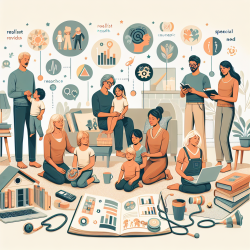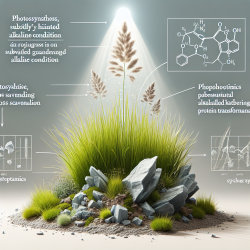Key Research Outcomes and Practical Applications
The research identifies several critical areas where fisheries management has evolved and offers guidance for future improvements. Practitioners can leverage these insights in the following ways:
- Rethinking Fisheries Management Systems: Practitioners should adopt a more inclusive and agile approach to fisheries management, incorporating ecosystem-based management (EBM) perspectives. This involves considering multispecies sustainability and entire system-level dynamics.
- Modernizing Assessment and Information Systems: Utilize advanced data collection and assessment methods, including environmental DNA and remote sensing, to gather comprehensive data. Transparent knowledge sharing and collaboration with stakeholders are also essential.
- Addressing Persistent and Emerging Threats: Focus on mitigating threats such as climate change, pollution, and habitat loss. Implementing adaptive management strategies and conservation measures will be critical.
- Integrating Biological and Social Sciences: Develop interdisciplinary approaches that combine biological and social science frameworks. This will help in understanding human behaviors and their impact on fisheries management.
- Embracing Transdisciplinarity: Foster collaboration across various disciplines and engage with non-academic actors. This approach will ensure that diverse perspectives are considered in fisheries management decisions.
- Respecting Indigenous Knowledge Systems: Incorporate Indigenous knowledge and practices into fisheries management. Building co-management systems with Indigenous communities can lead to more sustainable and equitable outcomes.
Encouraging Further Research
Practitioners are encouraged to delve deeper into the research to fully understand the complexities and nuances of fisheries management. By engaging with ongoing research and participating in professional forums, practitioners can stay abreast of the latest developments and best practices.
To read the original research paper, please follow this link: Towards vibrant fish populations and sustainable fisheries that benefit all: learning from the last 30 years to inform the next 30 years.










